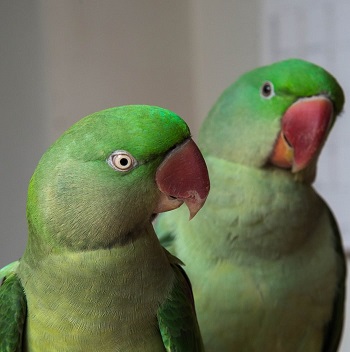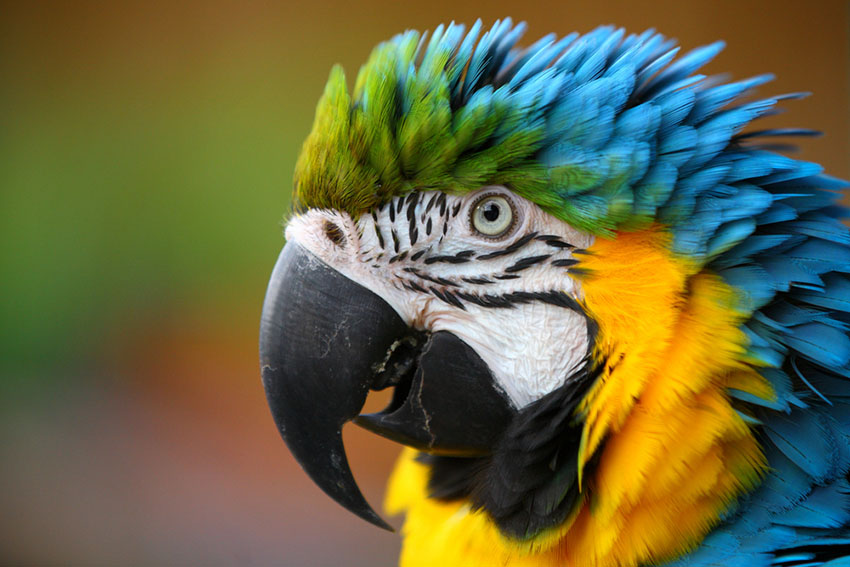Living with Parrots: Fun, Noisy Times and Ensuring Their Safety
Parrots are social, intelligent birds that bond closely with their human families. However, as pet owners, there are certain behaviors and needs we must understand to properly care for our feathered friends. Let’s explore some common parrot tendencies, like their loud morning and evening calls, and how to mitigate risks while still meeting their emotional needs.
Parrots Communicate with Their Flock
Many parrot species tend to have two noisy times each day. In the morning, they loudly call out to alert their flock that they are present and ready to start searching for food. At dusk, they signal that they are safely nesting for the night. This shows their flock bonding instincts remain strong even with human companions. Parrot care and training can help ensure calls are not disruptive.

Responding Calms Morning Calls
The best way to reduce noisy morning calls is to quickly respond when they begin. Parrots just want to confirm their flock is intact and will quiet down once seeing you. Visibility is key, so speak calmly from within their line of sight. African grey parrot communication relies strongly on visual contact, so just stepping out of view triggers worried cries. Gentle interaction teaches quieter greetings still achieve their reassurance needs.
Humans Can Join Flock Bonding Activities
Many parrot guardians enjoy participating in their morning routines. Going into their room and making exaggerated imitation calls can become a playful bonding activity the whole flock enjoys. While humans can’t match their volume, it shows being part of the group. Laughter commonly ends the brief communal calls as everyone bonds. However, volume control remains important for parrot household harmony.
Nocturnal Crushing is a Real Risk
Despite seeming hardy, parrots are fragile when sleeping and should not share beds due to suffocation dangers. A guardian sadly recounts believing their bird was unintentionally crushed at night, a risk experienced parrot caretakers try avoiding. While the desire to be close at bedtime is understandable, prioritizing safety prevents such tragic losses. Parrot sleep safety must take precedence over nighttime cuddles.
Proper Housing Supports Emotional Needs
Instead of bed-sharing, provide large cages or, ideal for larger species, a designated room. This let’s parrots feel secure in their own protected spaces while still maintaining close bonds. With interaction throughout the day and attention each morning and night, companion parrots can thrive emotionally without extra sleep risks. Their flock calls then simply signal the start and end of each day’s adventures together instead of worries.
Accidents Can Happen Despite Best Intentions
No guardian wishes to cause harm, yet risks remain whenever fragile animals share small spaces with much larger humans. While the desire to comfort a distressed pet is understandable, proper housing prevents put inadvertent dangers. Instead of avoiding or feeling badly, it’s best to acknowledge mistakes gently and refocus on ensuring future well-being. Parrot owner education helps all live together safely with minimal stress.
Prioritizing Safety Strengthens the Human-Parrot Bond
When parrot guardians understand their instincts and needs, the resulting care helps bonds thrive for years. By responding supportively to their flock calls each day within their enclosures, birds feel secure without worry. And knowing they cannot be accidentally crushed allows both species a restful night. With care focused on both emotional and physical welfare, the human-parrot relationship flourishes for all their lifetime.
